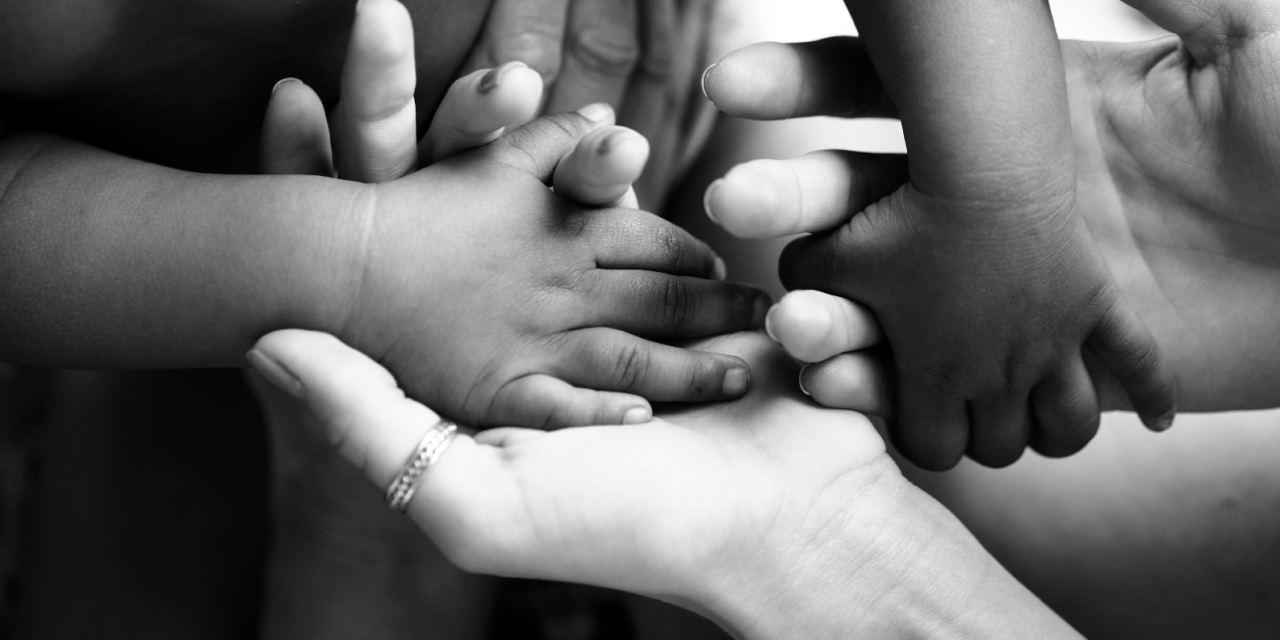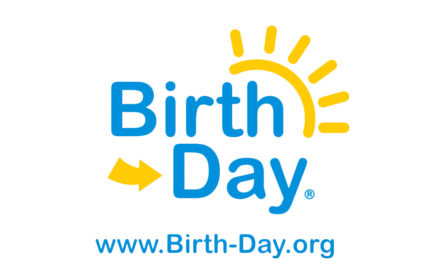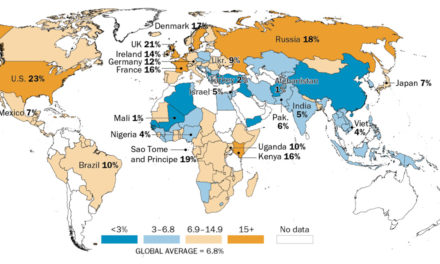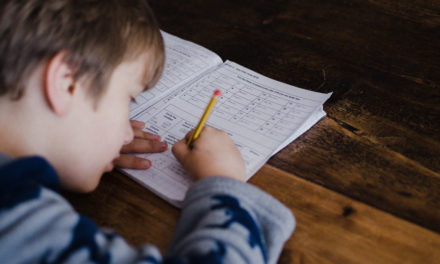There are likely some days when being a Supreme Court justice will keep you up at night.
An adoption case the nine justices will hear on November 9 could spark more than a couple cases of high court insomnia. It’s an agonizingly complicated lawsuit about a federal law that protects Native American tribes’ right to protect their cultural identity by giving them a sort of “veto power” over adoptions of Native American children by anyone other than members of one of the country’s Native American tribes.
But if that law is upheld in this case, the real-world result could be that a 4-year-old foster child in Texas, born to a Navajo mother with addiction problems, and whose white foster parents want to adopt her, would be ripped away from the only family she has known since her birth, a family which also includes her older half-brother, already adopted by the family.
If her foster parents lose this case, she would then be sent to live with a Navajo relative she doesn’t know.
Several families in similar situations, plus three states – Texas, Louisiana and Indiana – sued the federal government in 2017 challenging the constitutionality of the federal Indian Child Welfare Act of 1978. The law was passed by Congress in reaction to over a century of perceived abuse by social workers, who in some cases forcibly removed Native children from their homes and sent them away to government or missionary boarding schools and then placed them in white Christian homes.
The child at the heart of the lawsuit is known only by her initials, “Y.R.J.” Her birth mother no longer lives on the Navajo reservation but resides in Texas. She has given birth to several children she can’t take care of properly because of her tragic addiction issues, which is when the state of Texas stepped in to find good homes for them. Dr. Jennifer Brackeen and her husband, Chad Brackeen fostered, and then adopted, Y.R.J.’s brother. Ultimately, the Navajo tribe consented to the Brackeen’s adoption of the boy.
But when the Brackeens later offered to take Y.R.J. when she was born so she could be raised with her brother, the tribe balked after the state of Texas chose the Brackeens as foster parents.
Litigation ensued, and federal courts, including the 5th U.S. Circuit Court of Appeals, have ruled that some parts of the federal statute are unconstitutional.
Tribes are worried that if the Supreme Court agrees there are problems with the statute, other tribal rights will be threatened. There could be a lot at stake down the road.
Yes, there are lots of “legal” issues and constitutional provisions to be addressed, but behind all of the pomp and ceremony at the Supreme Court oral arguments on November 8, there is a 4-year-old girl whose future depends on how things turn out.
Dr. Sharen Ford is Focus on the Family’s Director for Foster Care and Adoption. She’s concerned about the potential impact of this case on the young girl.
“The Indian Child Welfare Act is a very old law and while it probably needs to have some overhaul, it shouldn’t disrupt children that have finalized adoptions with families that love and care for them,” Dr. Ford told the Daily Citizen.
“This is hard and I hate to see children and loving Christian families caught in the middle.”
Please pray for little Y.R.J. and the families impacted by this case, and that the justices will act with wisdom in their ultimate decision.
The case is Haaland v. Brackeen.
Photo from Shutterstock.






